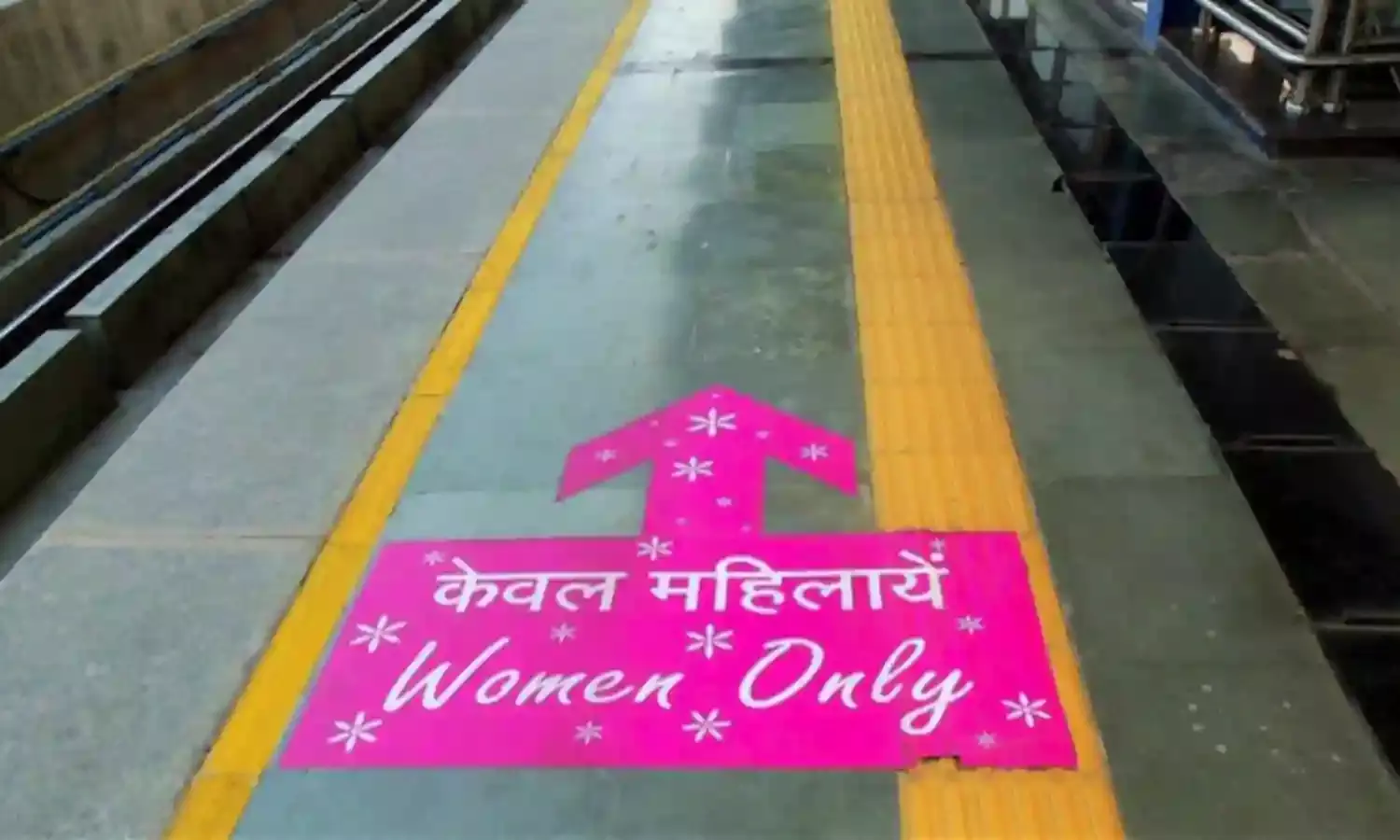A Metro Ride: Women React To Free Fare
The Citizen takes a metro ride to ask women what they think of the proposal

On Monday, Delhi Chief Minister Arvind Kejriwal announced free travel in DTC buses and in the metro for women, to encourage them to avail these public transit facilities and to promote safe travel. “We don’t need the Centre’s permission for this. The Delhi government will bear the cost," Kejriwal stated at the Press Conference. Notably, this initiative is likely to cost the Delhi government about Rs. 1,600 crore a year. It is reported that State minister for Transport Kailash Gahlot has started holding meetings to discuss the implementation and aspects of the proposal. But with less than a year to go for the State Assembly Elections, many think this may be a move strategically directed at securing a female vote-bank.
In light of this, The Citizen took a metro ride to ask the city's women commuters about their views on the proposed transport fee waiver.
Sunita Verma, a PhD student, says the move is a welcome change for the betterment of women. “I believe this move will be very beneficial for all women, especially for those who are studying and have no earnings of their own,” she told The Citizen. Pranavi Jatoo, a recent graduate from Ramjas College, University of Delhi, believes that the move is welcome, provided that the government has enough funds and infrastructure to cover the policy. “I see the move as taking a section of society and trying the free transportation policy out on them to test it out,” she said. “I think picking women as the initial trial section is a good idea, and I hope the policy expands to include other sections of the society soon”.
However, not all women believe that the move is appropriate or feasible. Vanshika, an undergraduate student at the University of Delhi, says the move is a step away from the empowerment of women. “Such blanket moves, which apply to all women irrespective of their financial status, make people believe that women are inferior to men, especially financially inferior,” she said. “Moreover, I do not think it affects safety. We already have special reserved coached and seats for women in the metro, and free travel does not seem to be any safer in my eyes,” she added.
Sonia, who works at a finance company, agreed with this view, adding that “more than a policy for the benefit of women, this seems like an example of vote-bank politics”. According to Rangoli; who is a housewife and mother of two daughters; the move is additionally unsustainable. “While it would be easy to implement this scheme in DTC buses and other connecting buses, it does not seem feasible with regards to the Delhi metro, which has recently had a double fare hike. This decision, if implemented, would hamper the quality of the metro services,” she told The Citizen.
According to her, “the AAP government cannot pull off this move without the help of the central government”. It is important to note here that the Delhi Government and the Central Government own 50:50 equity partnership in the DMRC.
Chitrali Singh, who teaches Political Science at a school in East Delhi, believes that this move does nothing to ensure safety for women. “How is the AAP Government going to ensure at women reach safely from one point to another?”she asks. For Zarina, 22, the problem is not safety within the buses and the metro as much as it is on getting out of them. “Metro stations already have CSIF patrollers and officers to stop me from entering the ladies coach and to redress any grievances at every station. I feel more unsafe on the last mile between the metro and my home – the government should much rather do something to ensure our safety in these spaces,” she said.
According to Aditi Singh; a student of History at Hindu College, the implementation of this scheme to provide free transport to all women appears to be dicey. “Even if it is a choice-based scheme where those who can afford these services can opt out of free rides, I do not see why economically privileged people will act on their morals and not avail the scheme,” she said.
However, Aditi thinks that the move is positive on the whole. According to her, a lot of people who are being dismissive of this scheme are completely overlooking its benefits for women of the lower classes and lower castes, and of those who do not get support at home. “Such a scheme helps women who are not financially independent or ate stuck in abusive households or other tough situations. Women who have to travel a lot for education can avail it. It will help women shift from more unsafe means like autos and hitching rides to taking the metro, which is not as prone to harassment with women its coaches,” she added.
Indeed, women such as Sulochana, 42, who earn her living from selling socks at a roadside stall, do stand to benefit from this proposal. “I think this is a very good move for women, especially women like me,” she said. “I support this idea because most of my earnings right now are spent on traveling to and from my stall, and this scheme will help me put away that money to build some savings” she added.
For Saba, who is a cook at a women’s PG in the Delhi University North Campus area; the move is welcome but prone to much misuse. “Instead of providing free travel to all women, they should provide free travel to all those – whether men or women – who cannot afford it,” she said. With regards to buses, which are already a much cheaper alternative to the metro, Saba believes that “steps should be taken to make them women friendly, not free”.



